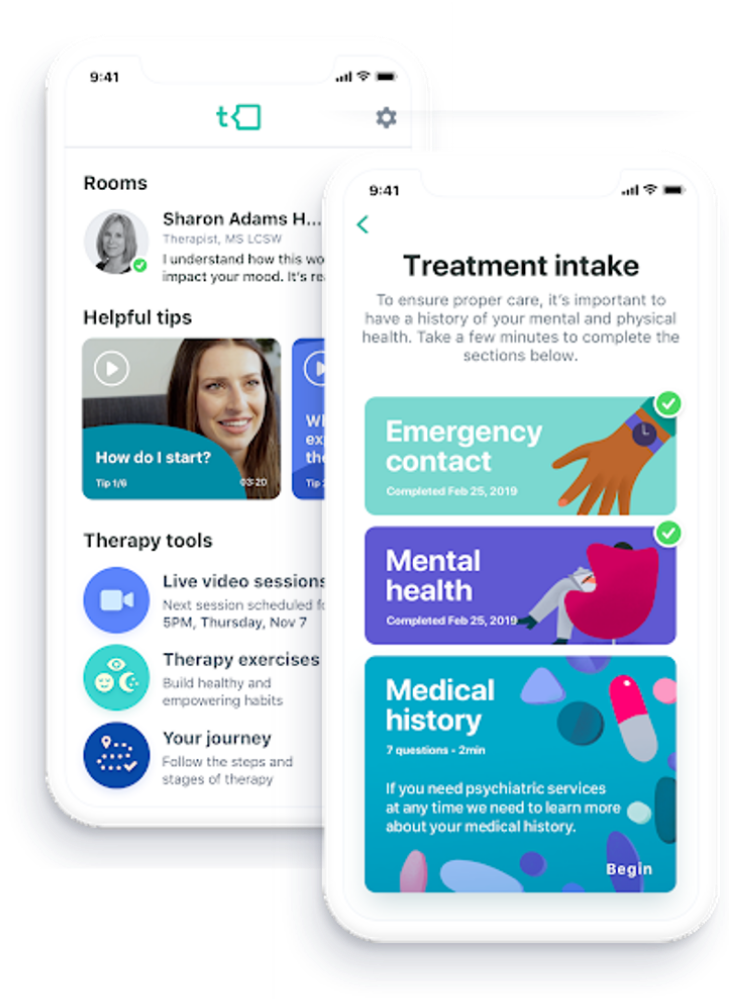Lithium: online prescription management for bipolar disorder
Psychiatry appointments online, from anywhere. Based on your symptoms, our licensed psychiatric clinicians diagnose and treat bipolar disorder, schizophrenia, and depression. Get medications like Lithium delivered right to you when prescribed.

What is Lithium?
Lithium is a mood stabilizer and belongs to the anti-manic class of medications. It’s used to treat and prevent episodes of mania in people with bipolar disorder by adjusting how chemicals in the brain are released. It can be used as a general mood stabilizer for other mental health conditions if prescribed by your psychiatric clinician.

What is Lithium used for?
Lithium can be prescribed to treat a number of mental health conditions including bipolar disorder, schizophrenia, and depression. Lithium helps treat symptoms of bipolar disorder like mania and hypo-mania as well as depressive mood symptoms. It helps reduce the severity of these periods of changed mood and/or reduce the amount per day. Lithium may also be used to help reduce self-harming or aggressive behaviors. Some conditions Lithium treats include:
How Talkspace psychiatry works
Complete a brief assessment
Answer a few questions and we’ll match you with an online prescriber who meets your needs
Schedule your initial session
Once matched, schedule your live video psychiatry session.
Begin your treatment
Your online psychiatry prescriber will personalize your treatment, which may include medication and follow-ups.

Connect with a licensed prescriber
Get specialized psychiatric treatment from a licensed prescriber — all from the comfort of your home.


FREQUENTLY ASKED QUESTIONS
With Talkspace Psychiatry, the first step toward getting help with bipolar disorder and its symptoms is to complete a brief assessment. Once you’re matched with a psychiatric clinician, you’ll have a live video session where you’ll share your symptoms, medical history, and other issues you’re facing. From there, you and your provider will create a treatment plan together. If that includes a prescription (such as lithium), you can get it sent to your local pharmacy.
Lithium is taken in different forms, dosages, and frequencies, depending on your mental health condition and the treatment plan prescribed by your provider. It may also require lab blood work to monitor lithium levels to achieve therapeutic levels. You will likely also need to carry a lithium record booklet where you can record each dose, lithium blood levels, weight, and other blood test results.
Lithium comes in typical tablet(pill) form, modified or slow release pills, or liquid. Swallow the pill whole with water or juice, with or without food accompanying. If you’re taking the liquid form, make sure to use the plastic syringe or spoon that comes with your prescription to accurately measure your dose.
It’s important to take lithium exactly as prescribed by your clinician. Common side effects of lithium may include metallic taste in the mouth, feeling sick, restlessness, loss of appetite, thirst, stomach pain, slight shaking of the hands, weight changes, dry mouth, nausea, and/or diarrhea. Seek immediate medical attention if you experience seizures, vomiting, uncontrolled or unusual movements, fainting, hallucinations, shortness of breath or tightness in the chest, confusion or blacking out, or blurred vision.
Side effects are more likely to occur when you first start taking lithium and will reduce in severity or go away as you continue taking it. Seek immediate medical attention if any of these symptoms start getting worse.
It isn’t known exactly how lithium works in the body but it has been used successfully to manage or reduce bipolar disorder. It can help significantly reduce suicide risk as well as prevent future manic or depressive episodes.
No, lithium isn’t actually an antidepressant although it can be used for some of the same reasons. Lithium can be used to treat depression in regards to bipolar disorder or when major depressive disorder isn’t responding to other medications. However, lithium isn’t a drug categorized as an antidepressant. Instead it works as a mood stabilizer and is considered an antimanic drug.
How lithium makes you feel can vary from person to person. Generally, you may notice side effects like a metallic taste in your mouth, feeling sick, and/or diarrhea when you first start taking lithium. These should get better as you get to the correct lithium dosage and levels in your blood. Some people find that lithium makes them feel numb or slows down their thinking. It can be difficult to differentiate at first if you’re coming from a period of mania.
There are several different medications your psychiatrist may prescribe for bipolar disorder, schizophrenia, or depression.
Other medications for bipolar disorder, schizophrenia, or depression include:
- Lamictal
- Abilify
- Depakote
- Seroquel
- Topamax
- Latuda
- Zyprexa
